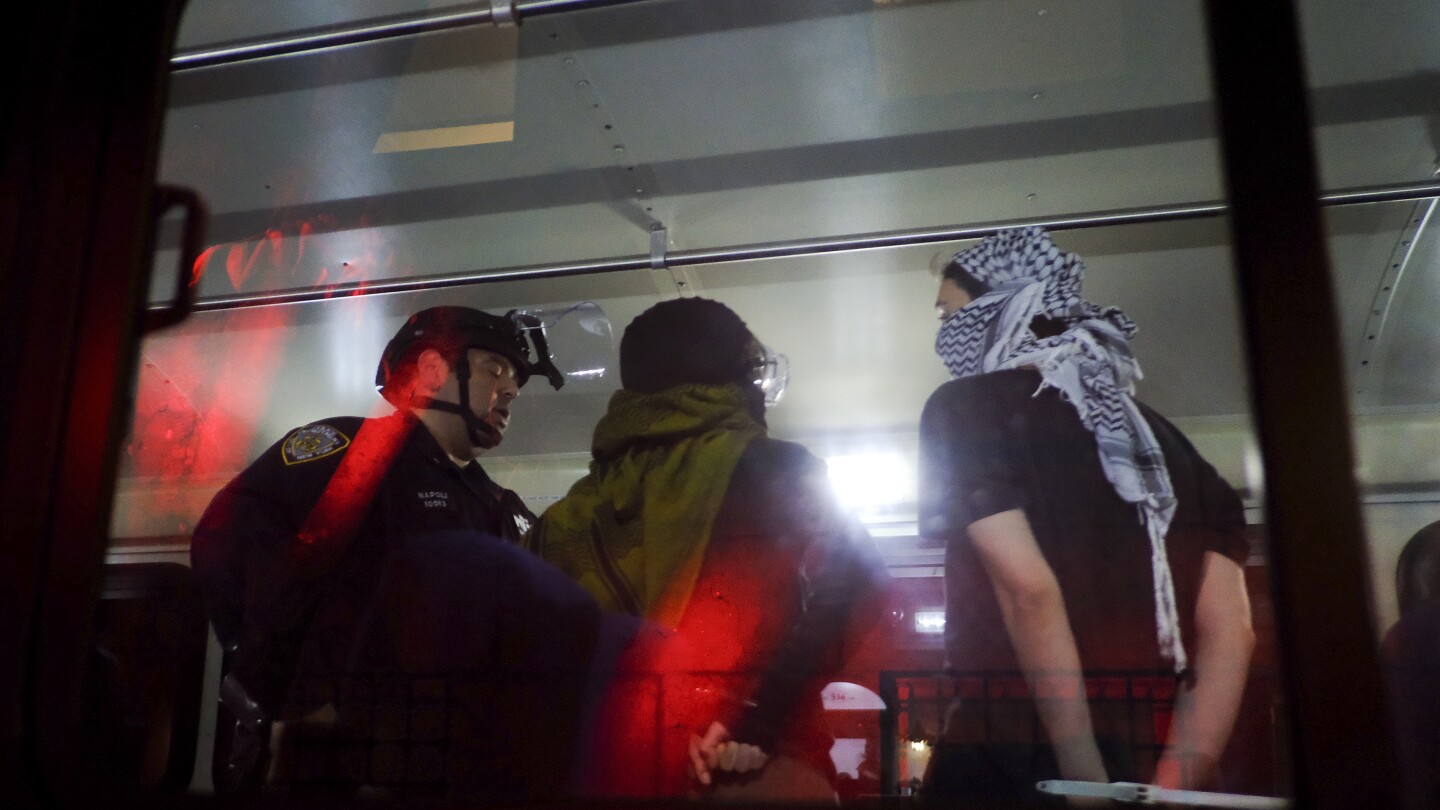The Right To Protest, And Why You Don't Have It

Have you heard about what's going on at Columbia University in New York?
There is an explosive and ongoing mass protest against the genocide of Palestinian people in Gaza and the West Bank. It's mostly students and faculty, marching and chanting with the support of their families.
On the other side of the line, police are responding with violent crackdowns. As they do. Some arrests are understandable, others considerably less so.

This is a very typical scene at most large protests, whether you're in Canada or the United States or over in Europe. On paper, you have the right to peacefully protest the actions of your government. In practice, though, you don't have a right; you have a privilege.
It's up to the cops if you get to exercise it or not.
The protests that cops choose to get violent at, and the protests they choose to protect make for a fascinating juxtaposition.
In Portland, masked Federal agents with unmarked body armor quite literally snatched Black Lives Matter protestors off the street and took them away in unmarked vans.

They peppersprayed people, beat them with clubs and riot shields in Washington D.C. just for peacefully calling for an end to police brutality.
On the other hand, when a bunch of angry white people with guns bashed the Capitol building windows to pieces and tore their way through the halls because their guy lost an election...the response was different.
Some of them took selfies with the cops, when they weren't successfully beating lone police officers into the dirt.

One woman did get killed by a police officer...which I was unfortunate enough to watch live, filmed by people on the ground. She was shot as she broke through a window and tried to climb through and attack a group of guards outside of the room where the politicians were hiding from the angry mob.
Almost everyone else walked away with bruises and scrapes, mostly sustained as they broke in and stormed the building.
Your right to protest seems to be predicated on your skin color and which side of the political spectrum you stand on. The same thing is true in Canada, where Indigenous protests are routinely targeted with more violence than protests for almost any other cause.
I've seen several hundred angry people gather outside of city hall in my hometown, mid pandemic, to protest public safety measures.
The cops stood and watched, at least until one guy threw a chunk of ice at one of their own. Then that single guy got arrested. Ideally, this is how all protests should be handled. Gold star, guys.
On the flip side, the way the police intimidated and pushed around Wet'suwet'an protestors in British Columbia is somewhat infamous.

And it was by no means an isolated incident; just take a moment to remember the Standing Rock protests in North and South Dakota.

The right to protest ought to be treated as the sacred trust that it is.
If we live in a democracy, then by definition the people ought to be in charge of the government. The elected officials and lawmakers are our employees, and we are their bosses.
When is the last time you were left to do whatever you wanted at your job without input from your boss? How else are the people supposed to let our employees know what we want to see?
I've attended protests personally before. They've all been peaceful, and we managed to avoid confrontations with the cops. Others have not been so lucky.
I ditched class once to join a climate change protest, and I've stood outside city hall to show my support for Indigenous Water Protectors. I joined the crowd outside of the city courthouse to stand with the local nurse's union as they fought for better working conditions.
I'm proud of myself for being there. I'm proud of the fact that I've chosen to get involved.
Joining in with activism, whether it be through protest on the ground or just by publicly advocating for a position, is the price we pay to maintain our freedoms. It's how we take part in the running of the government, and it's just as important as putting your vote in the ballot box.
Protest is a right, and a responsibility.
We cannot afford to let them get away with criminalizing it.
Solidarity wins.










Member discussion